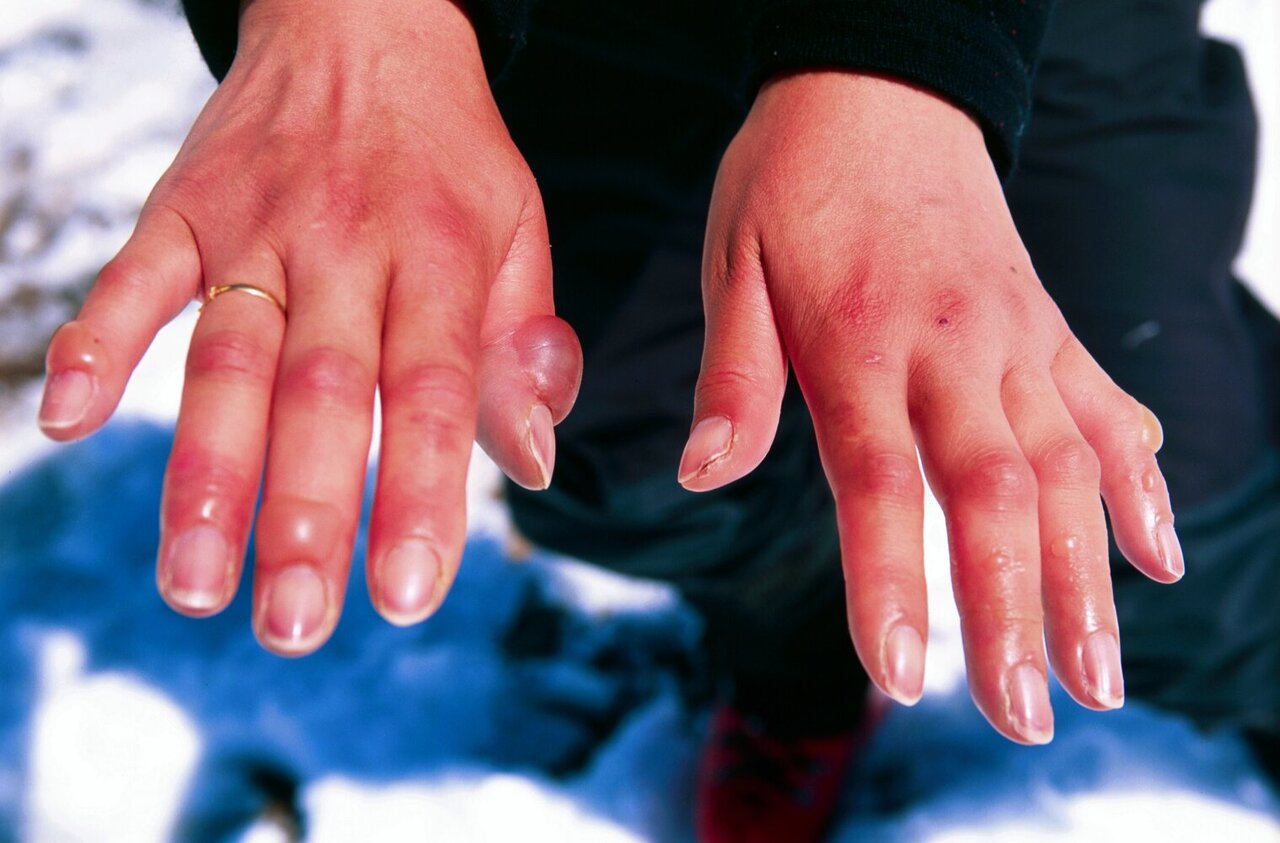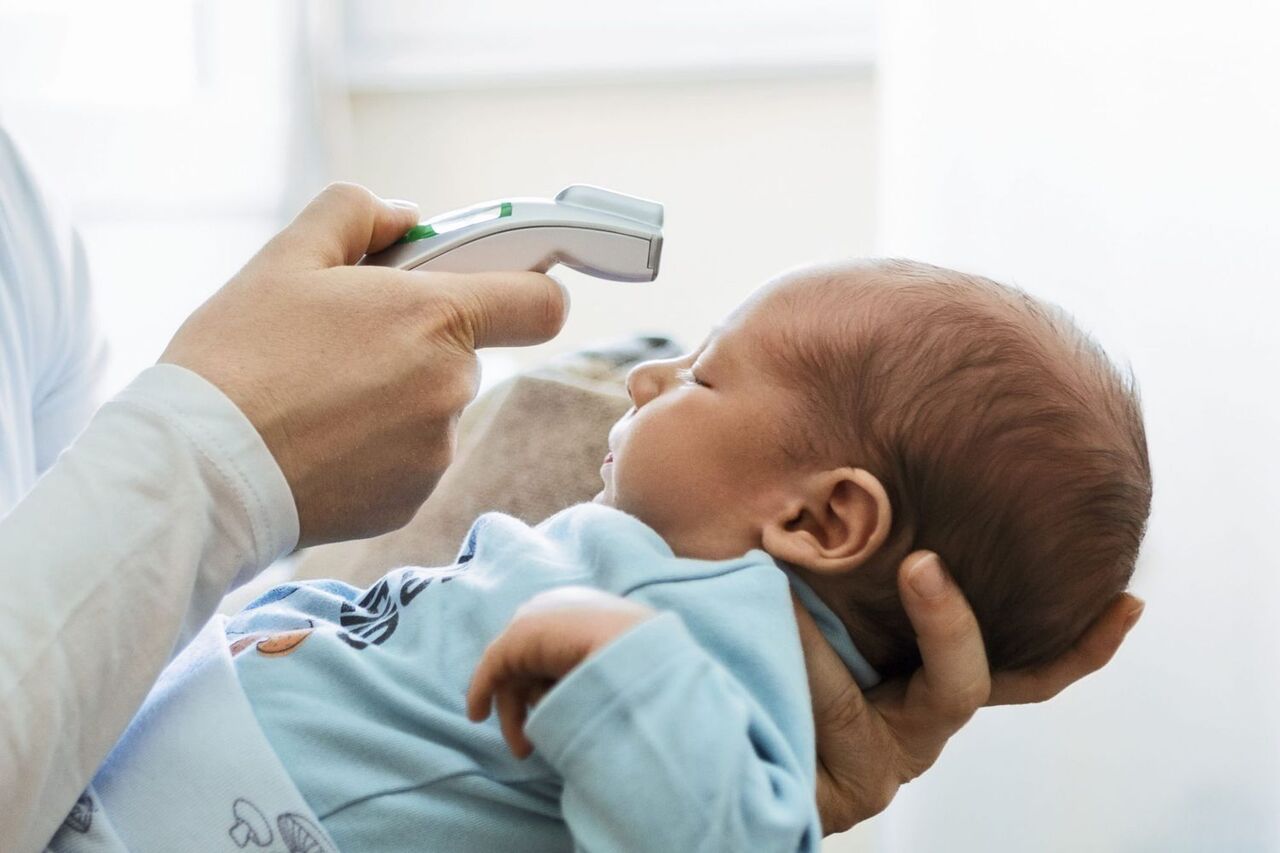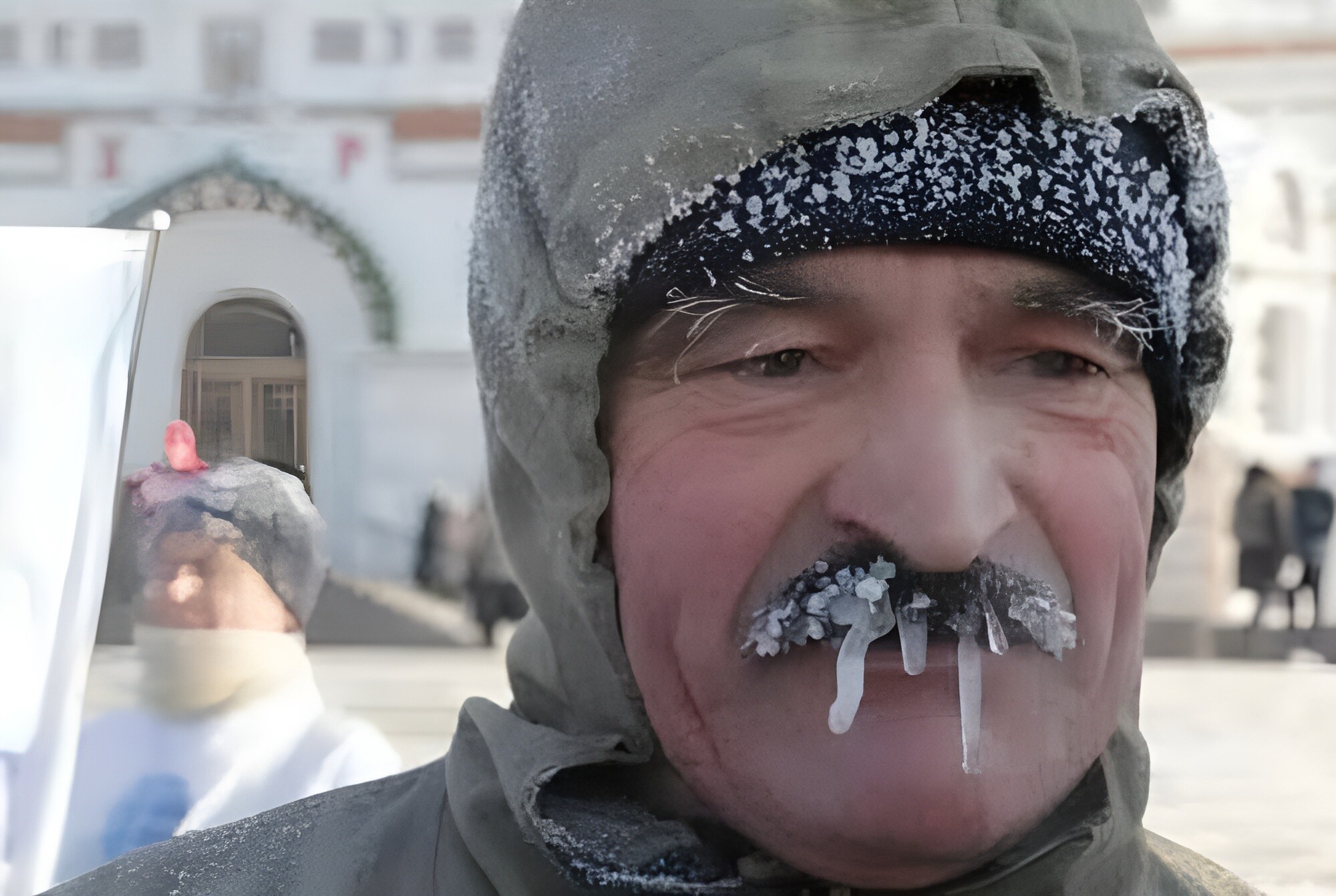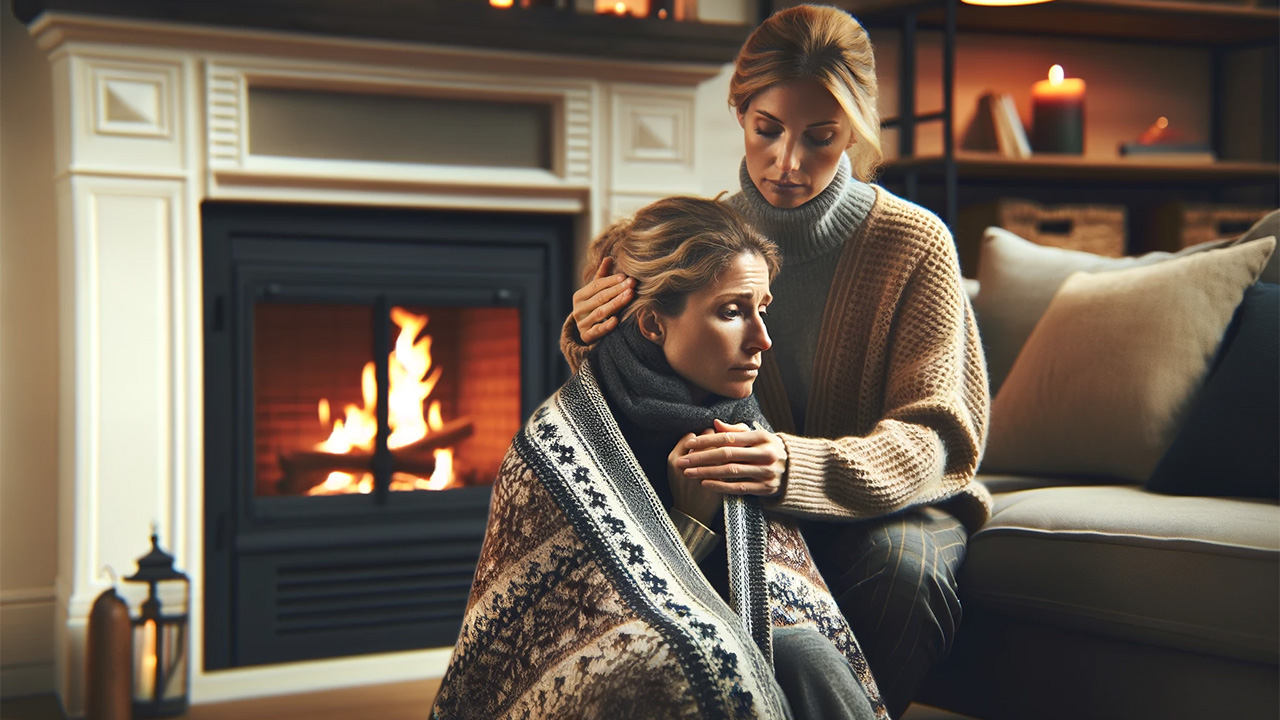On cold winter days, many people may face the danger of hypothermia. So how do we understand hypothermia, at what temperature does it occur and is it harmful? This danger, which occurs when your body temperature drops, brings with it many problems.
Those exposed to cold weather “What is hypothermia?” They may wonder the question. The answer to this question body temperature falling below normal and can cause serious health problems. So, below what temperature does our body face this risk and what kind of health problems can hypothermia cause?
This situation can occur due to many factors; especially in the elderly, infants, chronically ill patients and outdoor workers. risk of hypothermia takes it under.
What actually is hypothermia, which occurs when our body temperature drops?
Hypothermia occurs when the body’s heat loss exceeds its heat production. body temperature falling below 35°C It is a medical emergency defined by . Hypothermia is among the diseases that lower body temperature and disrupts the body’s normal activities. It is usually caused by exposure to cold weather or immersion in cold water.
So how do we know if we have hypothermia? Here are the symptoms:

- Shake
- drop in blood pressure
- Numbness in hands and feet
- Pale or bluish skin color
- weak pulse
- slow breathing
- speech difficulty
- blurred vision
- Dizziness
- Weakness
- Sleeping state
- Loss of consciousness
Symptoms of hypothermiamay vary depending on the degree of body temperature. In general, the symptoms of hypothermia are as above.
What are the symptoms of hypothermia in babies?

- Armpit or rectal temperature below 35°C
- Coldness in hands and feet
- low energy level
- low blood sugar
- cold skin surface
- Hardening of the skin due to edema or redness
- Decreased breast sucking and crying
When babies are exposed to cold water and windy weather danger of hypothermia increases. Since the immune systems of these small creatures are lower than those of a normal person, it is useful not to ignore their symptoms. Because at the end of the day, it can cause irreversible damage.
At what temperature does our body need to be to experience hypothermia? Actually, the answer to this question depends on three steps.
- Symptoms of mild hypothermia: Body temperature 32-35°C between. Symptoms such as shivering, chills, numbness, pale skin, weakness and dizziness are observed.
- Symptoms of moderate hypothermia: Body temperature 28-32°C between. Tremors stop, pulse and respiration slow down, symptoms such as difficulty speaking, blurred vision, drowsiness, and impaired consciousness are observed.
- Symptoms of severe hypothermia: Body temperature It is below 28°C. The pulse and breathing become very weak, and symptoms such as loss of consciousness, coma, and death occur.
Is hypothermia harmful? Does it cause permanent damage to our body?

Hypothermia disrupts the body’s normal activities and, if left untreated, can lead to complete disruption of the cardiovascular and respiratory systems. liver damage, kidney failure and eventually death may cause. This is usually because the person is wet, sweaty, or stranded in cold water. Most people don’t know they have this disease until it is too late.
Can hypothermia be prevented?
Most hypothermia case can be prevented early. These precautions you can take may prevent diseases that you may suffer from throughout your life. Here are the precautions you can take:
- Wear warm clothing and hats. You can also dress in layers to prepare for changing conditions.
- If you get wet, change your clothes immediately. Look for a warm, covered area.
- Keep clothing, food, water and blankets in your car when traveling.
- If you are trapped in your car, call or signal for help immediately.
- Stay in your car. Run the car heater for 10 minutes per hour to save gas. Make sure your vehicle’s exhaust pipe is not blocked by snow. This can cause carbon monoxide poisoning.
- Do not eat snow or drink alcohol. These lower your body temperature.
- Stay active to generate body heat and store energy in cold weather.
What should be done to a person who has hypothermia?

- Move the person to a warm place as soon as possible.
- Give the person warm clothing. If current clothing is wet, remove it.
- Cover the person with a blanket or towel. Use an electric blanket or heating pad if possible. Make sure they don’t get too hot, though.
- Skin-to-skin contact with another person helps increase body temperature.
- Have the person drink warm liquids. Water, tea or coffee is best. Do not drink alcohol or give drinks to someone who is unconscious.
- If the person is not breathing, begin cardiac massage immediately. Stay with the person until help arrives.
Hypothermia is a condition that requires urgent intervention. Therefore, it is beneficial to take people who observe hypothermia symptoms to a doctor as much as possible. However, in cases where you need urgent intervention, the steps you can take are as above.
It is best not to take any medication other than the one prescribed by the doctor. The healthiest method would be to take the person to an expert on the subject. Symptoms of hypothermia You should not avoid calling 112 as soon as you see it, and you should not use over-the-counter medications and creams.
You can take a look at our other content that may interest you below:
RELATED NEWS
If You Frequently Feel Pain and Burning in Your Stomach, This May Be the Reason: What is an Ulcer and What Are Its Symptoms?
RELATED NEWS
What is Pharyngitis, a common disease in winter months, what are its symptoms, what is good for it?
RELATED NEWS
What is Carbohydrate, which is much more than a source of energy for a healthy body, and in which foods is it found?
RELATED NEWS
If You Have Been Feeling Cool Even From Eating Lately, This Might Be The Reason: What is ‘Zinc Deficiency’, What Causes It, What Are Its Symptoms?
RELATED NEWS
The Mineral That is Extremely Important for Bone Health: What are the Symptoms of Magnesium Deficiency and How Can It Be Remedied?
RELATED NEWS
